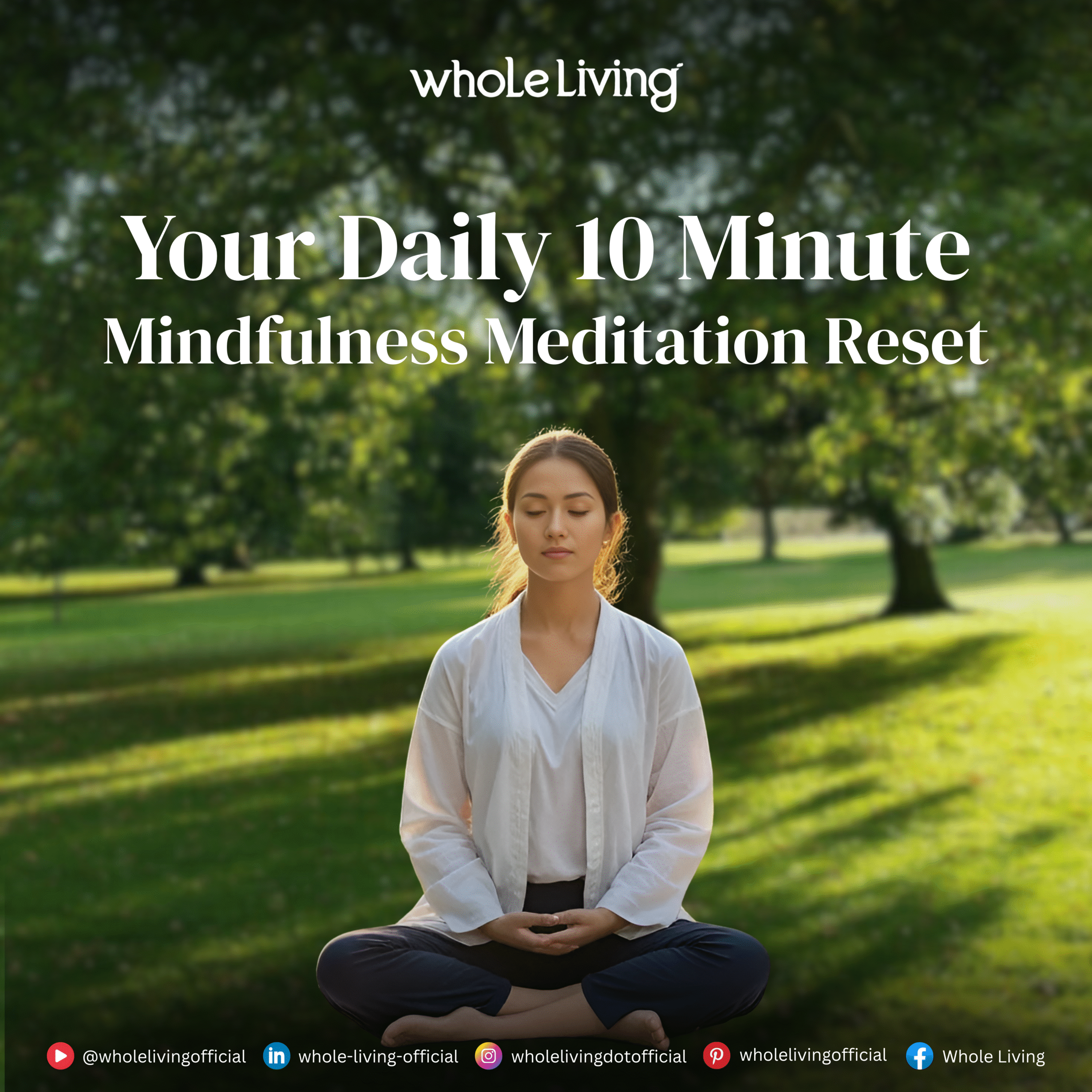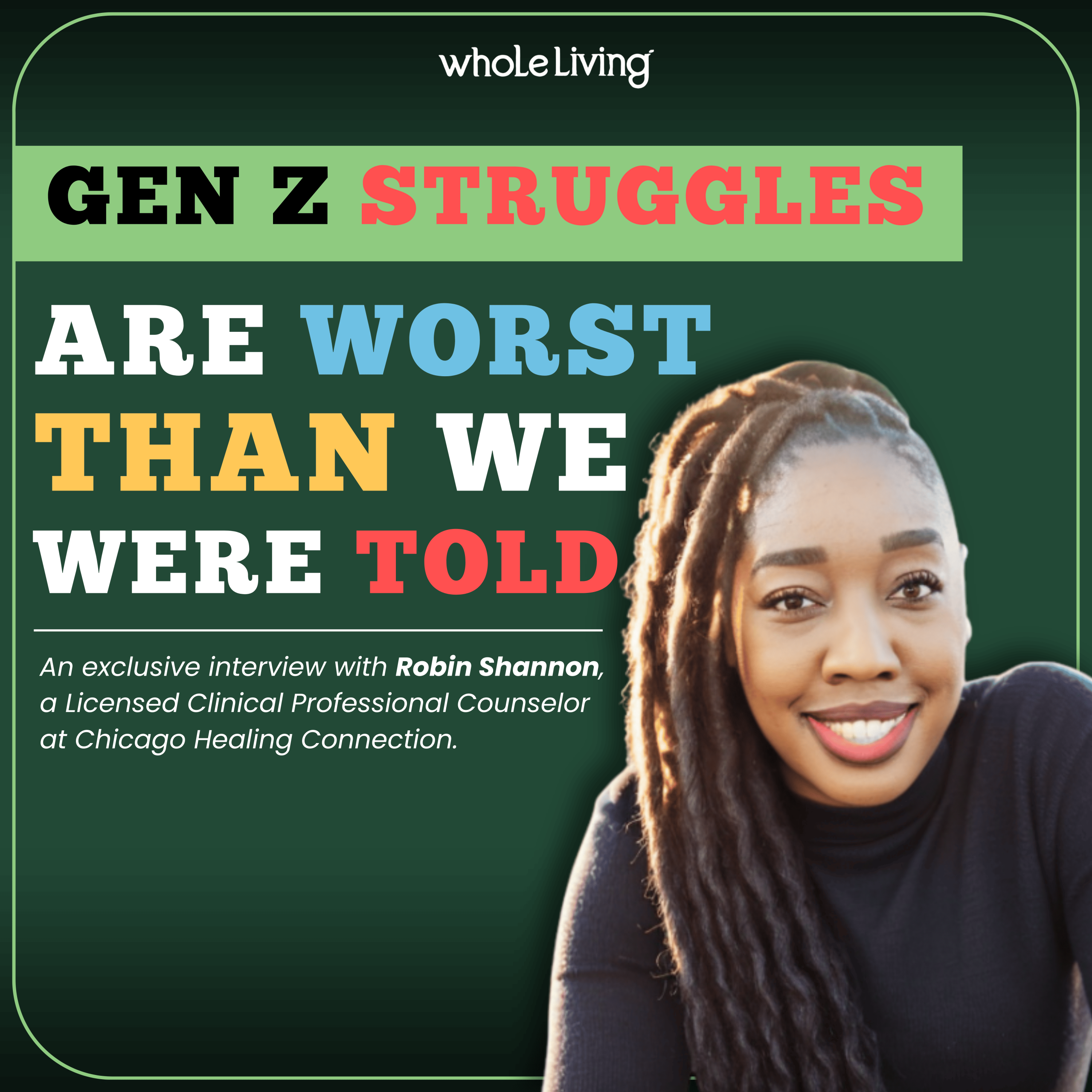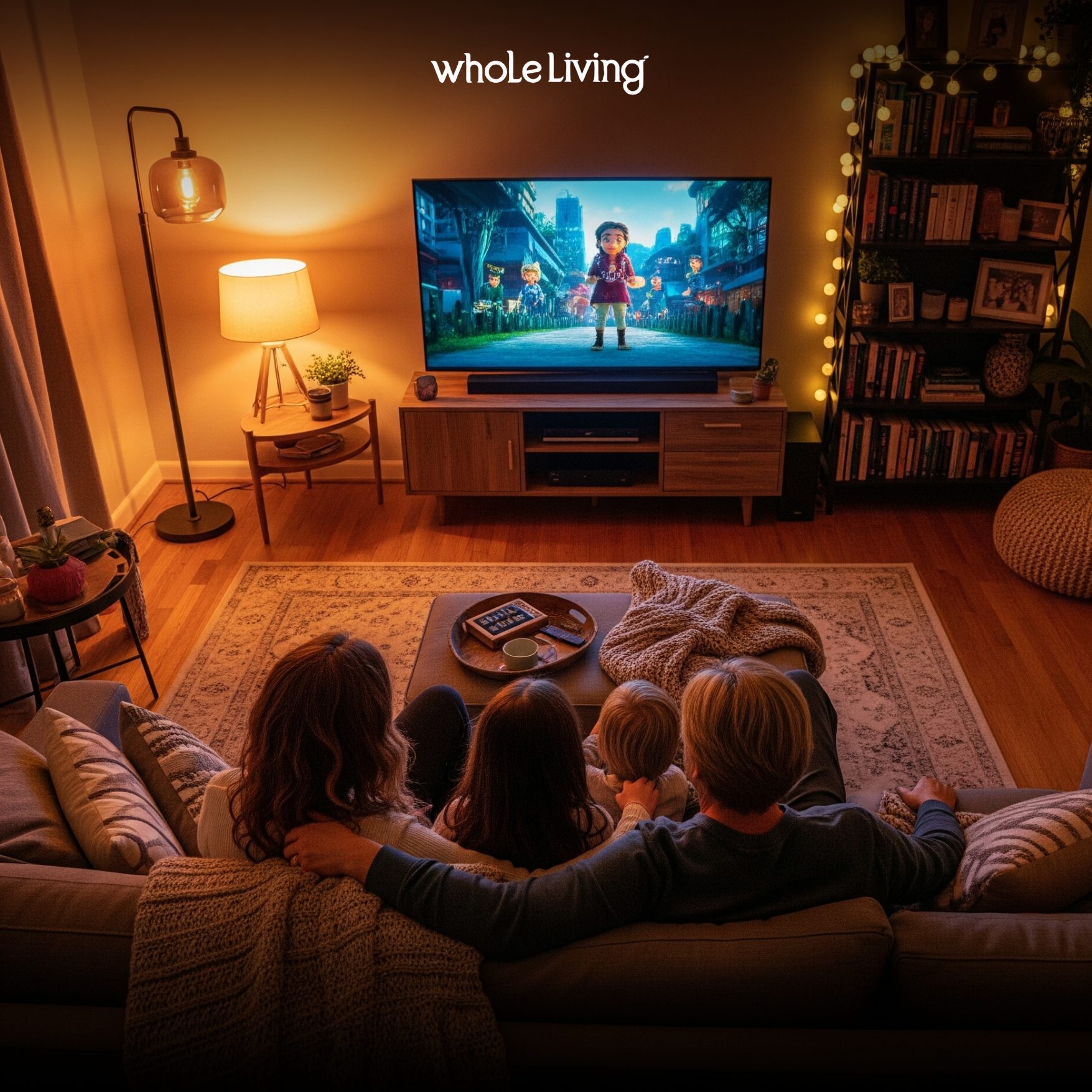In This Article
Here’s something I wish someone told you sooner: taking mental health days isn’t selfish—it’s essential. We talk about sick days when we’re coughing or feverish, but rarely do we give ourselves permission to rest when our minds are heavy. Mental health days offer space to step back, breathe, and reconnect with yourself before everything begins to feel too overwhelming. They are a quiet but powerful way of saying, “My mental health matters just as much as my physical health.”
You might be surprised at how many people feel the same weight you carry. The world moves fast. Kids need your attention, work stacks up, and life keeps asking for more. You keep showing up, even when your inner world feels like it’s falling apart. But here’s the truth: you don’t have to wait until you’re completely burned out to take a break. You’re allowed to pause simply because you need it—not because you've earned it or hit a breaking point, but because you are a human being who deserves care.
Taking a mental health day is about honoring your well being, your emotions, and your limits. Just like your body, your mind needs time to recover, to rest, and to feel heard. One day, intentionally spent, can shift your entire perspective. And you deserve that shift. Whether it’s to rest, reflect, or simply do nothing for a little time, that space you create is a gift.
So let’s talk openly and honestly about the importance of mental health days. You’re not alone in this journey. Let’s walk through it together, gently and with care. You deserve to feel supported, to take care of your emotional world, and to believe that your mental health matters deeply—because it truly does.
What Is a Mental Health Day, Really?

A mental health day is simply time away from your normal responsibilities to tend to your inner well being. It’s a single day, or even a half day, where you give yourself space to rest, reflect, and reset. It’s just as important as a sick day when you have a cold, except it supports your emotional and mental health. This isn’t a luxury—it’s a part of healthy living, especially in a world that rarely encourages slowing down.
Let me be clear—this isn’t about avoiding your life. It’s about taking care of it. When your mind feels foggy or your heart feels heavy, your ability to show up fully in your relationships, your work, and even for your kids, begins to fade. That’s where taking a mental health day steps in. It allows you to care for yourself in a way that puts healing before hustle.
Your mental well-being is part of your overall health. It affects your body, your mood, your sleep, and your focus. We often push through the discomfort, telling ourselves we should just deal with it. But would you ignore a fever or a broken arm? Of course not. Treating mental health with the same care you would give your physical health is not only smart—it’s necessary. Your brain, your emotions, your thoughts—they are all worthy of the same attention.
Mental health days are a chance to support your healing before symptoms grow into deeper concerns. The earlier you care, the easier it is to recover. And the more you practice taking care of your mind, the stronger and more grounded you become. That’s how we build resilience—one small, intentional choice at a time.
When Should You Take a Mental Health Day?

There’s no perfect formula, but there are signs your body and emotions may be sending. Maybe you haven’t been sleeping well, or your usual morning routine feels heavier than usual. Perhaps you’ve been snapping at your kids or avoiding friends. These are not failures. They’re signals. They are quiet whispers from your nervous system saying, “Please slow down.”
You may need a mental health day when your stress starts to affect your focus, your energy, or your ability to connect. If your responsibilities feel heavier than they should, or if you're struggling to find joy in the little things, it’s time to pause. These feelings are real. They deserve your attention. You do not have to wait until you feel overwhelmed beyond return—your needs matter long before that point.
A mental health day can also help you keep track of your emotional symptoms before they turn into more serious mental health issues. Depression and anxiety often build slowly. Taking a mental health break early can help you manage the signs with grace and intention. And if you're already dealing with a mental illness or working with a mental health professional, these days become even more important for managing symptoms, rest, and reflection.
Taking care of your mental health is a practice, not a last resort. Listen to your body, honor your feelings, and give yourself permission to rest when you need it. Whether it’s a single day off or even a half day for quiet, it all counts. You are allowed to step back, take a breath, and support your own healing journey.
READ ALSO: Self Care Night Routine Ideas to Calm Your Mind and Body
How to Know It's Time: 7 Signs You Need a Break
You might be wondering, “How do I know when it’s time?” Let’s make it simple. Life doesn’t always give us a clear signal, so sometimes, we have to learn to recognize the smaller signs ourselves. These signals aren’t dramatic, but they do matter. Pay attention to how your mind and body feel each day—they’re always trying to tell you something. Here are seven signs you may need a mental health day:
- You’re tired all the time, even after sleep.
- You can’t focus, no matter how hard you try.
- You feel anxious or irritated with your kids, friends, or coworkers.
- You’re overwhelmed by even small responsibilities.
- You’ve lost interest in things that usually bring joy.
- You want to cry, or you feel numb, but can’t explain why.
- You’re physically sick more often, or your body feels tense and sore.
These are gentle reminders from your mind and body that something needs attention. Taking a mental health day at this point isn’t dramatic. It’s wise. It’s an act of deep self care. In fact, research has shown that taking breaks improves long-term productivity, creativity, and emotional balance. So what may feel like “just one day” can truly change your week—even your month.
Your health isn’t just physical. Your emotional world matters, too. When you take that single day to nurture your well being, you’re not only helping yourself feel better—you’re also protecting your relationships, your energy, and your ability to cope in the long run. These moments of intentional care shape how you handle the future. Don’t wait for a breakdown. Take the break now. One day of intentional rest can make all the difference. You are worthy of that day, and the strength it can give you moving forward.
The Benefits of Taking a Mental Health Day

The benefits of a mental health day go far beyond just feeling better in the moment. When you give yourself permission to pause, you allow your mind to catch up with your body. This creates space for clarity, creativity, and calm. You reconnect with yourself—not as someone who is pushing through, but as someone who is healing.
Taking a mental health day helps you manage stress before it becomes something heavier. It gives your nervous system a chance to reset, which can improve your sleep, boost your energy, and even strengthen your immune system. There’s a deep connection between emotional and physical health—they’re not separate. They work together. And by tending to both, you create balance within your life.
You might also notice how your relationships begin to shift. You show up more present for your family, more open with your friends, and more focused at work. When you take care of yourself first, everyone benefits. It’s not selfish; it’s foundational. Your ability to love, connect, and support others starts with how well you support yourself.
If you’ve been dealing with anxiety or depression, or just carrying a heavy mental load, a day of rest can offer breathing room. It can help you reconnect with your ability to cope, to feel, and to choose what’s next. In the gentle stillness of a break, healing begins. These health days are not escapes—they’re opportunities to return to yourself with softness and strength.
What to Do on a Mental Health Day
So, you’ve decided to take a mental health day. First, let me say this: good for you. You’re making a wise, healthy choice. Now comes the gentle question: what should you actually do on that day? The answer depends on what you need most. Sometimes it’s rest. Sometimes it’s movement. Sometimes it’s simply space to feel. Mental health days aren’t about productivity. They’re about permission — to pause, to feel, and to heal.
Here are a few gentle, intentional ideas you can explore on your health day:
- Sleep in without an alarm clock.
- Take a midday nap without guilt.
- Sip tea slowly while watching the world outside your window.
- Unplug from social media and email.
- Go for a gentle walk outside in fresh air.
- Stretch or do light yoga to reconnect with your body.
- Cook a nourishing meal with calming music playing in the background.
- Journal your thoughts or write down what you’re grateful for.
- Spend time with your kids or family doing something slow and comforting.
- Sit in silence, pray, meditate, or listen to your breathing.
The goal isn’t to fill the day — it’s to refill your emotional tank. Ask yourself, “What feels good today?” and follow that. Stay present with what your mind and body ask for, without judgment. These little choices become acts of healing, helping you return to yourself — rested, rooted, and read.
READ ALSO: Mindful Advantage Starts With One Breath
How to Take a Mental Health Day from Work or School

Taking a mental health day from work or school can feel tricky, especially when you’re used to powering through. But trust me—you don’t need to be physically sick to deserve rest. Just like a sick day helps your body recover, a mental health day helps your emotional and mental well being heal. And being honest about your needs is one of the most responsible things you can do.
Start by checking your workplace or school policies. Many companies now allow mental health days as part of personal or sick leave—and schools are slowly starting to recognize them too, especially for kids and teens. When possible, plan ahead. Look at your calendar and choose a day where your responsibilities are light. If the need is urgent, don’t hesitate to take a same-day break. Your well being matters more than perfect timing.
When requesting the day off, you can keep your message simple. You might say, “I need to take a personal day to focus on my health.” That’s enough. You don’t have to explain every detail. If you feel safe and comfortable, you can share more—sometimes being open about mental health can help reduce stigma and encourage others to do the same. Either way, the choice is yours.
Once you’ve secured the day, create a loose plan. Don’t overschedule, but do have a few gentle intentions. Maybe it’s rest, reflection, or a visit to your therapist. Maybe it’s simply not checking emails for one day. Treat this day like you would if you were physically sick: with compassion, boundaries, and the goal of recovery.
Teaching Your Kids the Value of Mental Health Days

Children are more in tune with emotions than we often realize. They notice when you're tired, stressed, or not fully present. That’s why teaching your kids about mental health days is a gift that lasts a lifetime. You’re not only modeling self care—you’re giving them tools they can use as they grow. And in today’s world, where kids face more pressure than ever, those tools are essential.
Start by talking openly about emotions. Use language they can understand. You might say, “Sometimes our minds need rest, just like our bodies.” When they feel sad, anxious, or overwhelmed, validate their feelings. Let them know it’s okay to take a break. If school has been extra stressful or they’ve been dealing with social pressure, consider giving them a mental health day. It doesn’t mean they’re avoiding responsibilities. It means they’re learning balance.
Spend their day off doing things that feel nurturing. Let them sleep in, read a favorite book, play outside, or talk about what’s been on their mind. You can also include them in light household activities or cook a meal together. These shared moments remind them that rest is part of life—not something to feel guilty about. When kids learn to value their mental health, they become more resilient and compassionate.
As parents, our role isn’t just to protect our children from harm. It’s also to help them recognize their own needs and to respond with care. Taking a mental health day with your child, or encouraging one when needed, creates emotional safety. It teaches them that being human includes having feelings, and that those feelings deserve time, space, and support.
Why Mental Health Days Are as Valid as Physical Sick Days

We’ve been taught to honor physical symptoms—a sore throat, a fever, a visible injury. But what about the silent weight of anxiety? The exhaustion that comes with depression? The chronic overwhelm that no one else can see? These are just as real. Mental health days give you permission to respond to those invisible struggles with the same seriousness you would treat a physical illness.
Mental and physical health are deeply connected. When your mental health suffers, your body follows. You might feel it in your sleep patterns, digestion, immune system, or constant fatigue. That’s why caring for your mental state is not optional. It’s part of taking care of your whole self. You wouldn’t question someone taking a day off for the flu—so why question a day off for panic attacks or emotional exhaustion?
There is no hierarchy when it comes to healing. Whether you’re managing symptoms of anxiety, coping with past trauma, or simply feeling too drained to function, your experience is valid. Mental health issues don’t need to be visible to be worthy of rest. Taking a day to breathe, reset, and care for your inner world is an act of courage—and one that can prevent further mental or physical illness.
You are not lazy. You are not weak. You are honoring your humanity. Mental health days remove the guilt and replace it with grace. They remind you that your well being matters every bit as much as your performance. And in the end, it’s the care you give yourself that allows you to show up stronger, healthier, and more whole.
Takeaway: You Deserve to Feel Well

Let this be your gentle reminder: you don’t have to wait until everything falls apart to take care of yourself. You are allowed to rest before you're exhausted. You are allowed to feel before you're breaking. Taking mental health days is not a sign of weakness—it's a declaration of strength. It means you’re listening to your life, your body, and your heart.
So much of wellness isn’t about doing more. It’s about creating space for what matters. When you give yourself permission to take a break, to slow down, or to breathe, you’re creating room for clarity and healing. You're practicing intentional living—putting your well being at the center of your choices. That one day, that one moment of care, is a ripple that touches every part of your life.
We live in a world that rewards busy. But healing often happens in the quiet. So take your mental health days. Take half a day. Take a sick day even if you're not coughing, but your heart is heavy. Let go of guilt, and embrace compassion. You’re doing your best, and that is enough.
You deserve to feel well. You deserve rest, support, and time to reset. And if no one has told you lately: you’re allowed to put yourself first, not as a last resort, but as a lifelong habit. Whole living starts here—with small, intentional choices made in your own best interest. And I’m here, gently reminding you: you’re worth it.






















